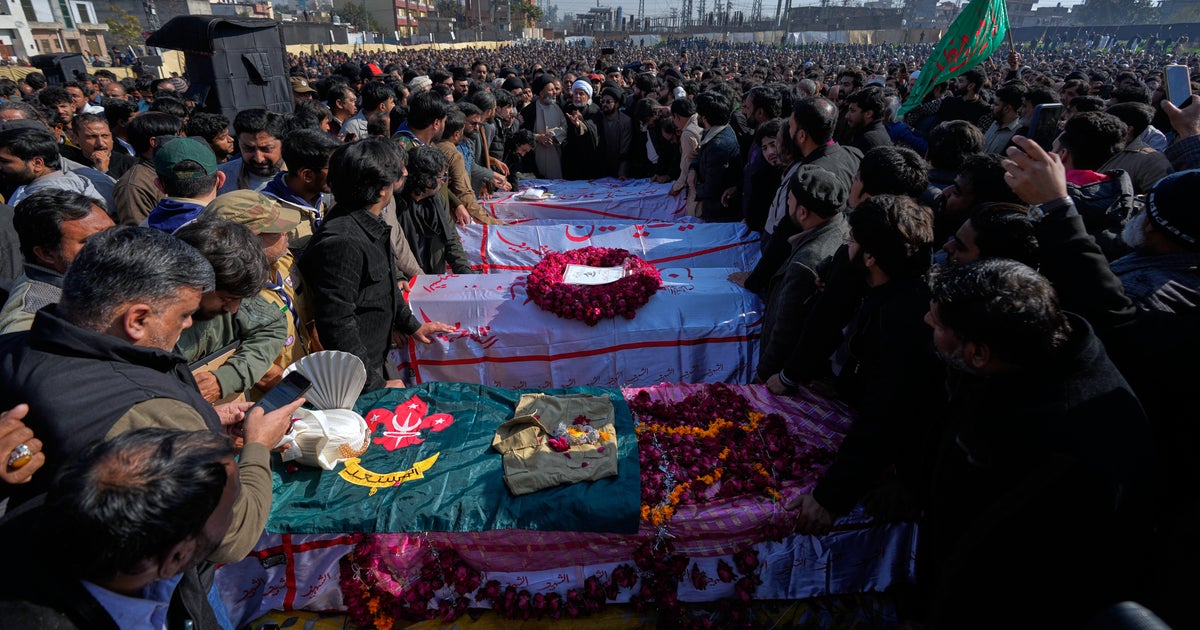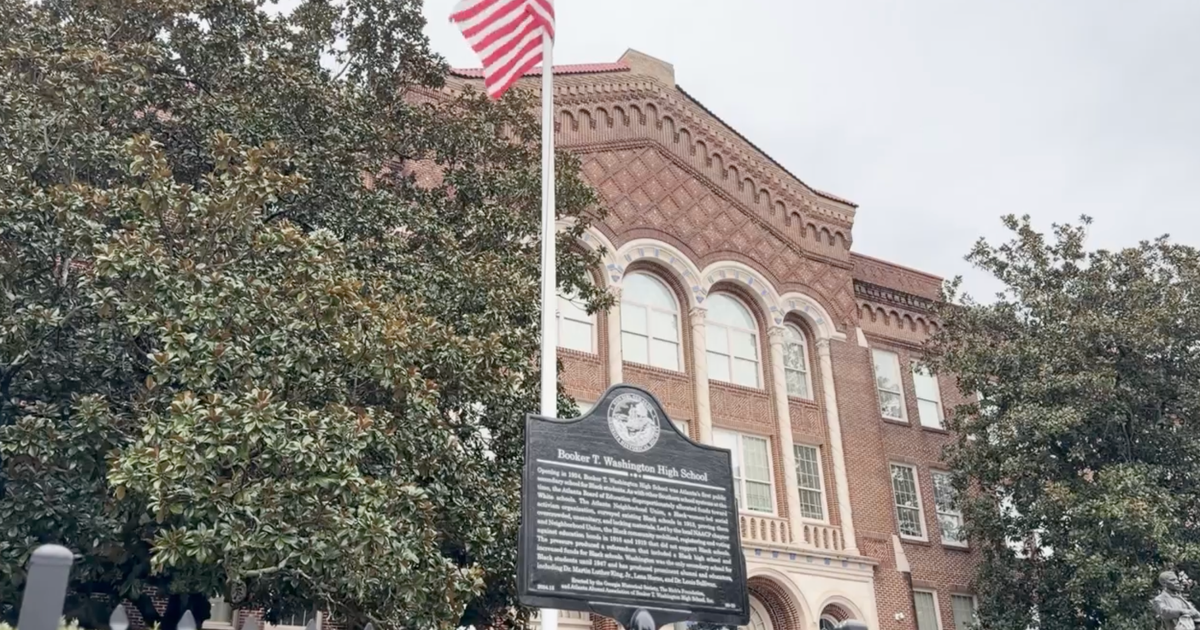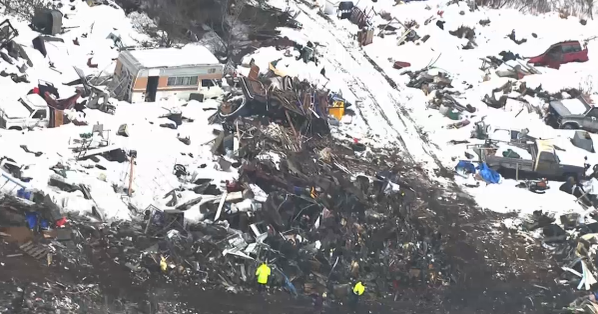US-Bound Bomb Could Have Exploded, Downed Plane
By EILEEN SULLIVAN and MATT APUZZO, Associated Press
WASHINGTON (AP) -- At least one of the mail bombs shipped to the United States could have detonated and downed a cargo plane if undiscovered, a British official said Saturday as investigators hunted for terrorists in Yemen.
The results of Britain's preliminary investigation escalated the seriousness of a plot that investigators said bore the hallmarks of al-Qaida.
U.S. investigators have said the mail bombs found in the United Arab Emirates and England Friday were headed to two synagogues in Chicago. British Home Secretary Theresa May said the plane carrying the package from Yemen may have been the target, too.
"We do not believe that the perpetrators of the attack would have known the location of the device when they planned for it to explode," she said Saturday. "At this stage we have no information to indicate another terrorist attack is imminent."
A second package was discovered in Dubai, where white powder explosives were discovered in the ink cartridge of a printer, police said in a statement. The device was rigged to an electric circuit, and a mobile phone chip was hidden inside the printer, the statement said.
Both bombs contained the industrial explosive PETN, the same chemical used in the failed Christmas bombing of a Detroit-bound airliner. Al-Qaida's Yemen branch took responsibility for that attack.
The bombs were rigged to be activated by cell phone and a timer, but investigators have not found either of those devices, said Rep. Jane Harman, D-Calif., a member of the House Homeland Security Committee who was briefed on the investigation Saturday morning.
Several U.S. officials said they were increasingly confident that al-Qaida's Yemen branch, the group behind the Christmas attack, was responsible.
Investigators were taking a close look at the group's bomb making expert, Ibrahim Hassan al-Asiri, who helped make the bomb used in the Christmas attack and another PETN device used against a top Saudi counterterrorism official last year, a U.S. intelligence official said. The Saudi official survived the blast but it killed the suicide bomber.
"The forensic analysis is under way," Obama's counterterror chief John Brennan said. "Clearly from the initial observation, the initial analysis that was done, the materials that were found in the device that was uncovered was intended to do harm."
Yemeni authorities were checking dozens more packages in the search for the terrorists who sent the bombs, though there were no signs of additional explosives. Authorities questioned cargo workers at the airport as well as employees of the local shipping companies contracted to work with FedEx and UPS, a Yemeni security official said.
The U.S. and Yemeni officials spoke on condition of anonymity to because the investigation is ongoing.
U.S. officials temporarily banned all cargo shipments from Yemen. An employee at the UPS office in Yemen said the office had been instructed not to receive any packages for delivery for the time being.
The U.S. has FBI, military and intelligence officers stationed in the country to conduct an inquiry. There are only a handful of international shipping locations in the impoverished Arab nation, but U.S. officials worried that record keeping would be sparse and investigators would have to rely more on intelligence sources to identify the would-be bombers.
Yemen is home to the radical U.S.-born Muslim cleric Anwar al-Awlaki. He has been linked in the Christmas attack and has inspired other terrorists with his violent message. Also hiding in Yemen is Samir Khan, an American who declared himself a traitor and helps produce al-Qaida propaganda.
The Homeland Security Department said it was stepping up airline security, but White House spokesman Robert Gibbs said Americans did not need to change their travel plans.
After a day of searches in Philadelphia, Newark, N.J., and New York City on Friday, no explosives were found inside the United States, though the investigation was continuing on at least one suspicious package late Friday night.
Intelligence officials were onto the suspected plot for days, officials said. The packages in England and Dubai were discovered after Saudi Arabian intelligence picked up information related to Yemen and passed it on to the U.S., two officials said.
U.S. intelligence officials warned last month that terrorists hoped to mail chemical and biological materials as part of an attack on the United States and other Western countries. The alert came in a Sept. 23 bulletin from the Homeland Security Department obtained by The Associated Press.
Since the failed Christmas bombing, Yemen has been a focus for U.S. counterterrorism officials. Before that attack, the U.S. regarded al-Qaida's branch there as primarily a threat in the region, not to the United States.
The Yemen branch, known as al-Qaida in the Arabian Peninsula, has since become a leading source of terrorist propaganda and recruiting. Authorities believe about 300 al-Qaida members operate in Yemen.
Raphael G. Satter in London, Ahmed al-Haj in San'a, Yemen, and Adam Schreck in Dubai contributed to this report.
(TM and © Copyright 2010 The Associated Press. All Rights Reserved. This material may not be published, broadcast, rewritten or redistributed.)







